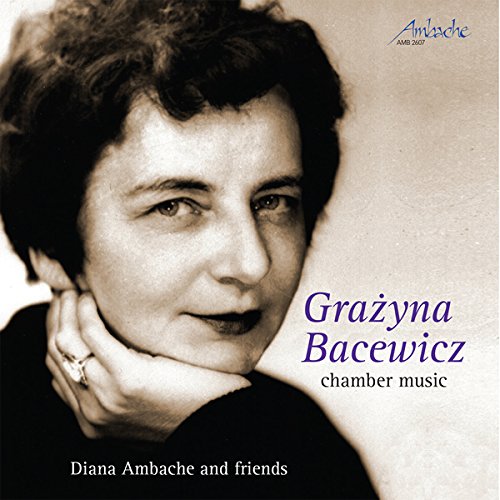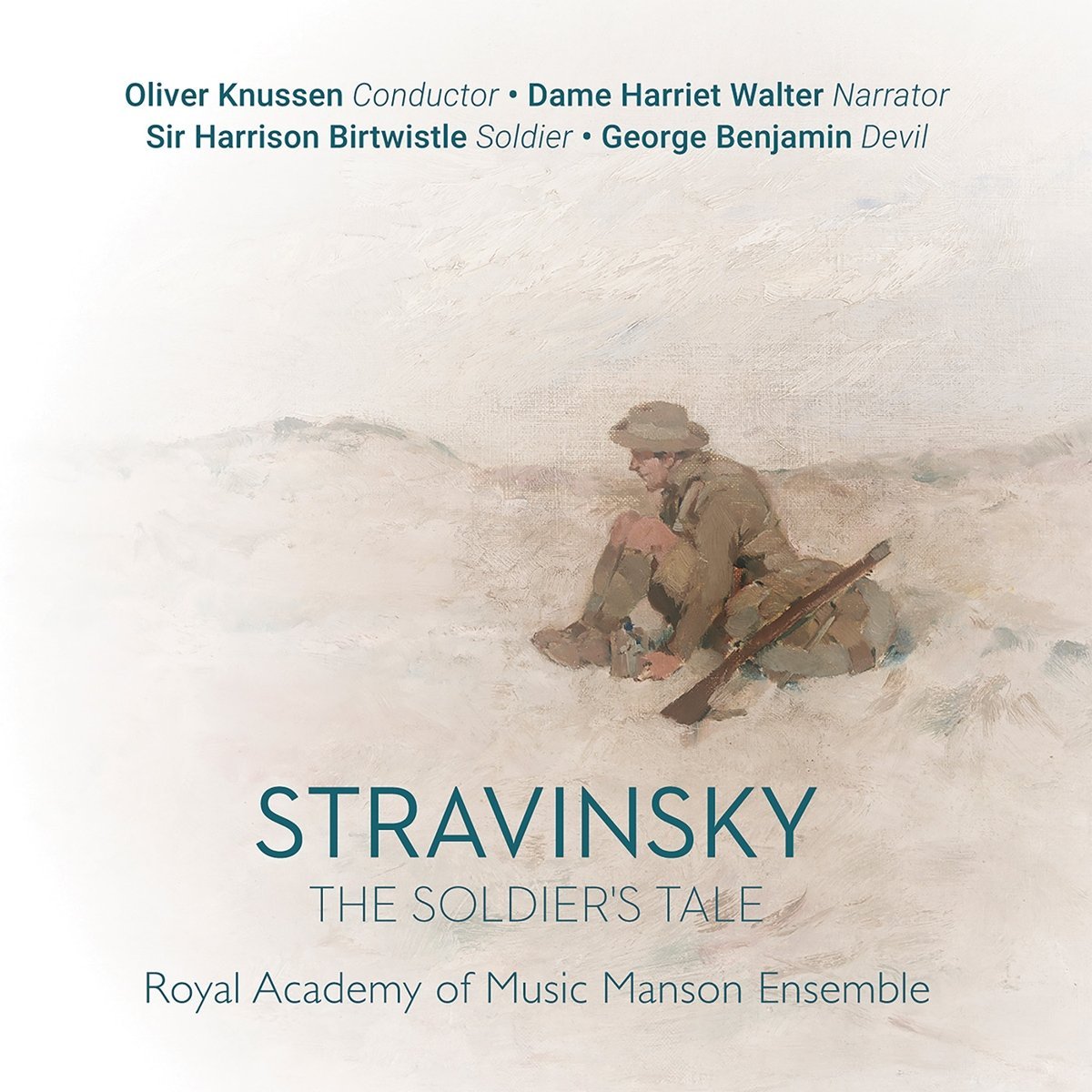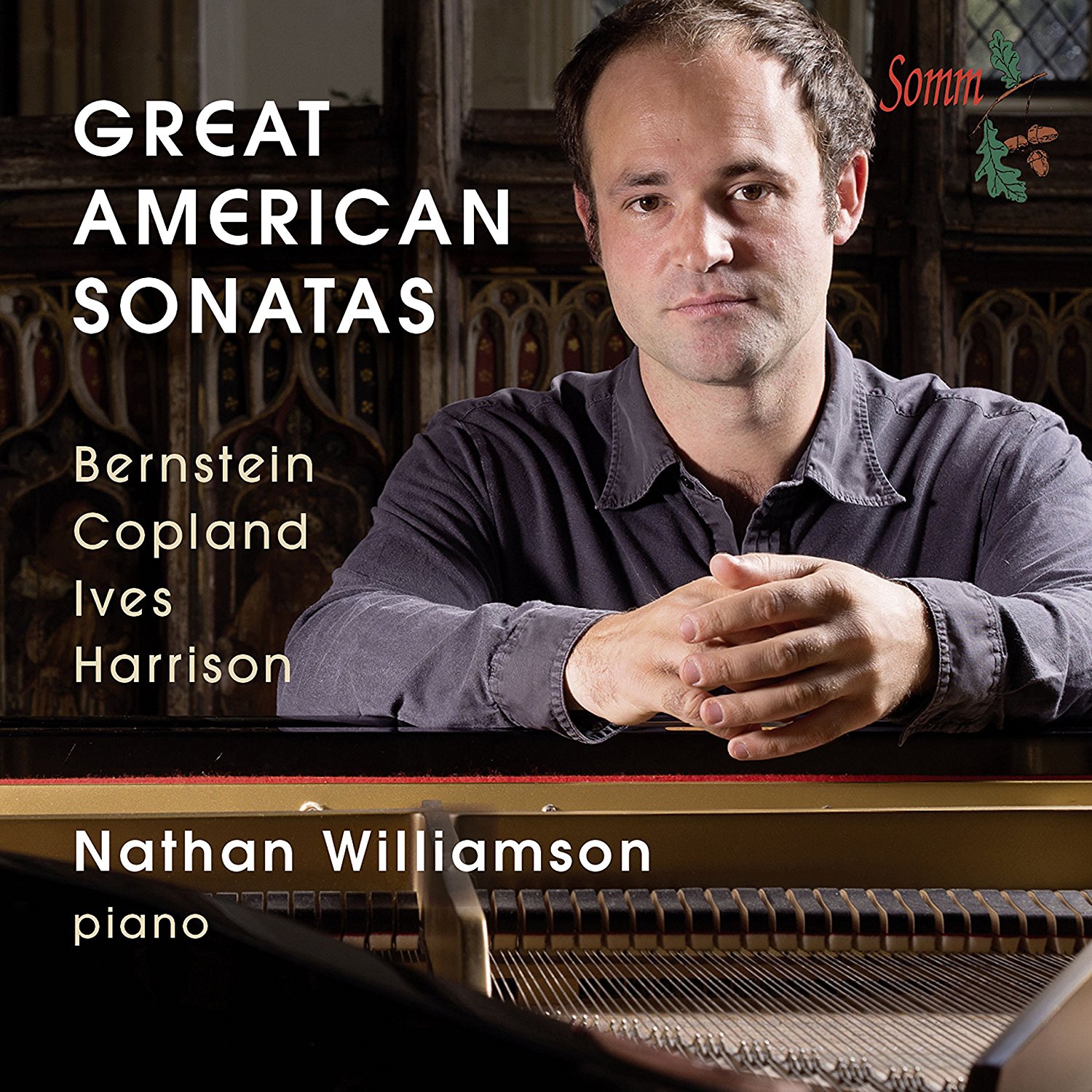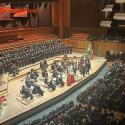 Gražyna Bacewicz: Chamber Music Diana Ambache and friends (Ambache Recordings)
Gražyna Bacewicz: Chamber Music Diana Ambache and friends (Ambache Recordings)
This is an easy disc to love. Gražyna Bacewicz’s music is consistently good, often exceptionally so, and it's gratifying that new recordings on Hyperion and Chandos have appeared in recent years. Pianist Diana Ambache’s wide-ranging compilation contains some brilliant stuff, the quality of the performances reflecting her evangelical powers of persuasion. Every player is on inspired form, beginning with the soloists in the invigorating Quartet for Four Violins – a combination which works so well you wonder why more composers haven't written for it. Written in 1949 while Bacewicz was teaching at the Łódž conservatoire, it’s quirky, witty and exciting. And so immaculately crafted. Ambache's sleeve essay includes a pertinent quote from the composer: “Music can be simple or complex, but it must be well-constructed.” And, importantly, well-constructed needn’t be a euphemism for dull and worthy.
This music fizzes, most audibly in two works written in the productive years following Stalin’s death, the pungent, vibrant Quartet for Four Cellos of 1964, and a magnificent 1965 Trio scored for oboe, harp and percussion. Oboist Jeremy Polmear is fearless, ably supported by harpist Lucy Wakeford and the veteran percussionist Tristran Fry. The earlier, folk-inspired pieces are no less appealing, though there’s the niggling sense that Bacewicz was writing music specifically designed to please the Polish authorities. A perfect introduction to an important 20th century composer.
 Stravinsky: The Soldier’s Tale Royal Academy of Music Manson Ensemble/Oliver Knussen (Linn)
Stravinsky: The Soldier’s Tale Royal Academy of Music Manson Ensemble/Oliver Knussen (Linn)
Combining speech with music is so hard to get right, and I prefer the purely instrumental suite which Stravinsky extracted from The Soldier’s Tale. But, as versions of the original go, this new one is a winner. It's conducted, brilliantly, by Oliver Knussen, leading a flawless student ensemble. Everything's so vibrant and clear, the pungent trombone and cornet worthy of special praise. And it was Knussen’s original idea to cast Peter Maxwell Davies and Harrison Birtwistle as Devil and Soldier – to which Birtwistle responded “I'll do it if he does it.” Maxwell Davies took some convincing, only agreeing to take part as his final illness worsened. Harriet Walter was already in situ as Narrator, the project surviving after Maxwell Davies's death by bringing in George Benjamin as substitute. He’s excellent: the tiny Devil’s Song has never sounded so sharp, his dry, waspish delivery a perfect foil for Birtwistle’s flat-footed, very northern Soldier. The final scenes are electrifying, Knussen giving the two chorales the requisite weight before the Triumphal March of the Devil disintegrates in front of our ears. There’s some terrific percussion from Jacob Brown.
Good couplings too, Knussen able to invest the most desiccated nuggets of late Stravinsky with abundant life. The Fanfare for a New Theatre still sounds startlingly modern, and we also get the Double Canon and Epitaphium, the latter’s bell-like harp sounds nicely caught by Linn's engineers. Plus a pair of short pieces composed by Birtwistle and Maxwell Davies to mark Stravinsky's 85th birthday in 1967, and a further two more written in memoriam four years later. The pick of them is Birtwistle’s miniscule Tombeau, barely two minutes but feeling so much longer – in a good way. Well annotated and beautifully recorded.
 Great American Sonatas – music by Bernstein, Copland, Ives and Lou Harrison Nathan Williamson (Somm)
Great American Sonatas – music by Bernstein, Copland, Ives and Lou Harrison Nathan Williamson (Somm)
Whether Charles Ives's Three Page Sonata does actually occupy just three pages isn't made clear in this release’s notes. They'd have to be pretty densely packed if that was the case, the work lasting over eight minutes. Allegedly composed in 1905 and “made mostly as a joke… to kick out the softy ears…”, it's less familiar than the notorious Concord Sonata, but unmistakably Ivesian. The spare middle movement is the most arresting, Ives's irregular bell-like chords anticipating Cage and Feldman. The best joke comes at the sonata’s end, the craziness suddenly melting into a polite C major chord. Ives's The Celestial Railroad is yet more unhinged, an impressionistic, undisciplined “phantasy” based on a Nathaniel Hawthorne short story. Pianist Nathan Williamson’s energy and conviction make both works convince. He’s less successful in a youthful sonata by Leonard Bernstein, though that’s not for want of trying. This sonata is just too dour for comfort, only flickering into life a few minutes into its second movement. Bernstein’s compositional technique was already fully formed in 1938 – the angular fugal writing is immaculate – but this is a piece for completists only.
Copland's mature Piano Sonata is a more ingratiating piece. Dissonant, but recognisably from the same pen as the ballets Billy the Kid and Rodeo. The widely spaced chords are unmistakable, as is the scherzo’s rhythmic energy. Williamson’s confidence and energy are impressive, and he also convinces in two works by the maverick Lou Harrison. Whose Piano Sonata No. 3 is a marvellous, understated piece, despite the rhythmically tricksy scherzo. And what a strange last movement, the bare octaves given harmonic relief in the closing seconds. Somm’s widescreen sound suits the music perfectly.















Add comment